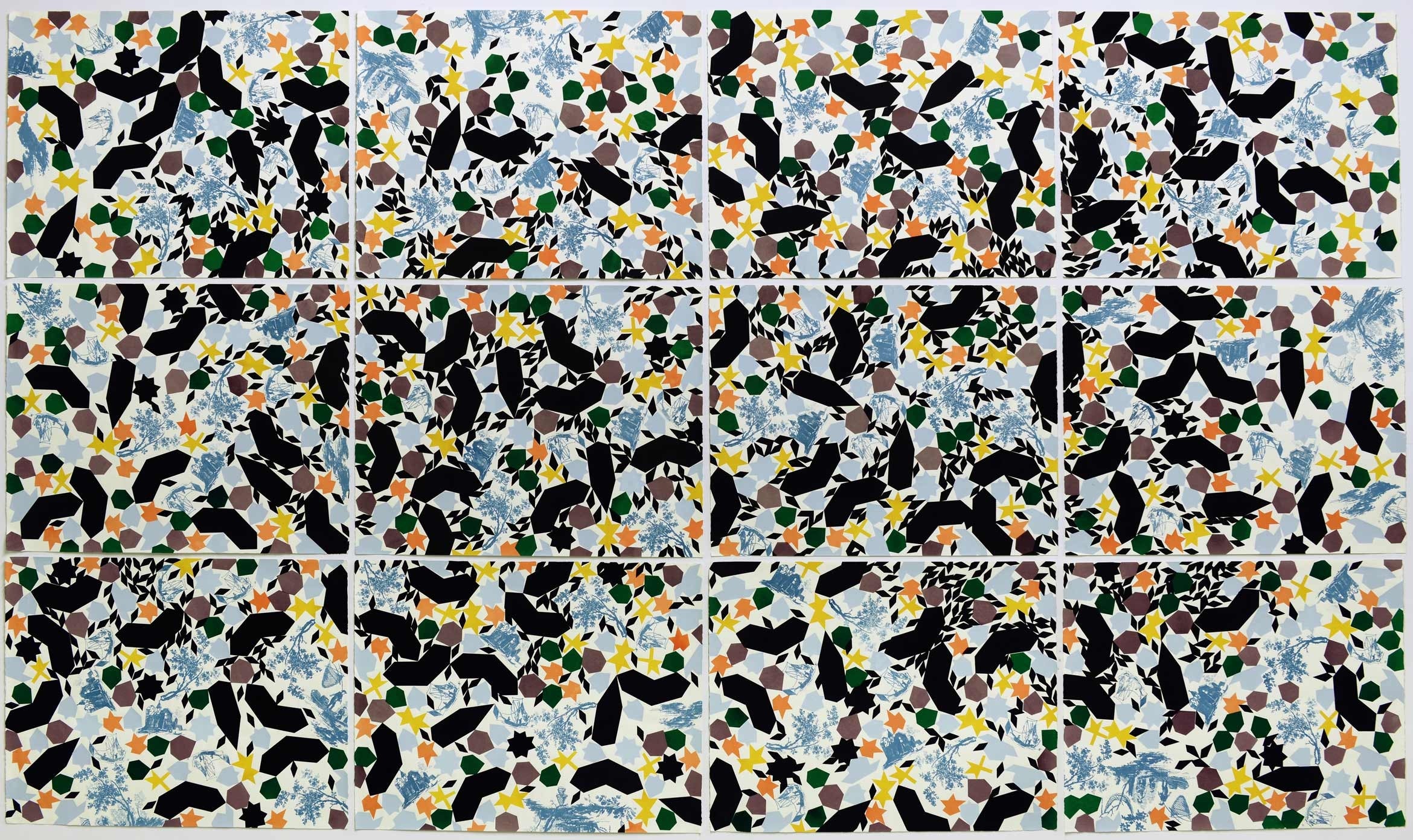
Found in Translation
For Suzanne Jill Levine, a professor in the Department of Spanish and Portuguese at UC Santa Barbara, translating a book into English is more than swapping words from Spanish. It’s an art, a bit of mind reading and a performance — all in the service of creating a text that’s faithful to the effects of the original.
Her latest work of translation alchemy is “Uselessness” (University of Chicago Press, 2017), a novel by Eduardo Lalo, Puerto Rico’s most acclaimed writer. Set in Paris and San Juan, it’s an autobiographical account of the author’s exploration of exile, an existential experience not only outside but within the borders of his native country and indeed, within his own psyche.
“Choosing a book to translate, or, as with ‘Uselessness,’ accepting to translate a work, I have to feel an affinity for the texture of the writing, for the style,” Levine said. “In this case, I was drawn to the way the writer, from the very first sentence, pulled the reader in, a direct, unadorned kind of storytelling, the way the narrator quickly gets to the point of how he’s feeling.”
The pairing of Levine and Lalo brings together two of the most respected scholars in their respective fields. Levine has translated around 40 books and is the general editor of the works of Jorge Luis Borges for Penguin Paperback Classics. Lalo, who is a professor at the University of Puerto Rico, won the Rómulo Gallegos Prize, a major honor for a Spanish-language book, for his 2015 novel “Simone” (University of Chicago Press).
Although Levine had not read Lalo’s work before being approached by the University of Chicago Press, she quickly came to appreciate his melancholic style. As one critic wrote, Lalo’s sentences read like short breaths and yet “can also be generous, offering the reader a vast array of sensorial images contained in the surgical precision of barely a few words. One of the achievements of the translation of ‘Uselessness’ by Suzanne Jill Levine is that it manages to capture this atmosphere.”
Levine stressed that it’s important to follow the original’s tone: “I try to be in the same register, as it were.”
A work of fiction is loaded with nuance — shades of irony, for example — that affects how she shapes phrases or inserts pauses into the prose. “It’s very much a performance, like acting,” she explained.
“Uselessness,” Levine found, is a book that uses a plain style to explore elaborate or sophisticated topics.
“I think this book is interesting because its theme is existential in today’s version of existentialism, in that he’s both questioning and struggling to affirm the individual in a global reality,” she said. “In the context of Puerto Rico, an island that struggles to survive in political, cultural and economic limbo, now much more critical after Hurricane Maria, one can see the extreme relevance of his work not only to Puerto Rico but to a global reality.
“He is asking, ‘Where am I? What does it matter what I do?’ ” Levine continued, “and in a way saying, ‘It’s useless, but we have to do it,’ which can be uplifting for artists, in a way, because so many of them feel unappreciated.”



